Submitted by Mara Levine
“Tree of Life” was written for the 1983 musical theater production Plain Hearts: Songs and Stories of Midwestern Prairie Women by Lance Belville, with music and lyrics by Eric Peltoniemi. The play features a variety of scenes and songs celebrating the lives of pioneer women who settled in the midwest in the early 1900’s. According to Eric, much of it was based on his grandmother’s and great-grandmother’s lives.
The first two verses of “Tree of Life” are entirely comprised of the names of quilt block patterns. Eric related to me: “I was inspired by a fabulous hardcover book I found filled with hundreds of quilt patterns. I thought their names were so evocative that I made them the lyrics of the song.”
Listen to Mara singing “Tree of Life:”
Track Credits: From the Facets of Folk album
Written by Eric Peltoniemi, © Eric Peltoniemi Music LLC / ASCAP
Mara Levine (lead & harmony vocals), Caroline Cutroneo (harmony vocals & rhythm guitar), Hillary Foxsong (harmony vocals), Ed Trickett (hammered dulcimer), John Guth: Bass
Vocal arrangements: Mara Levine/ Bob Harris / Caroline Cutroneo
Engineered by Bob Harris; mixed and produced by Bob Harris and Mara Levine at Ampersand Records, Bridgewater, NJ.
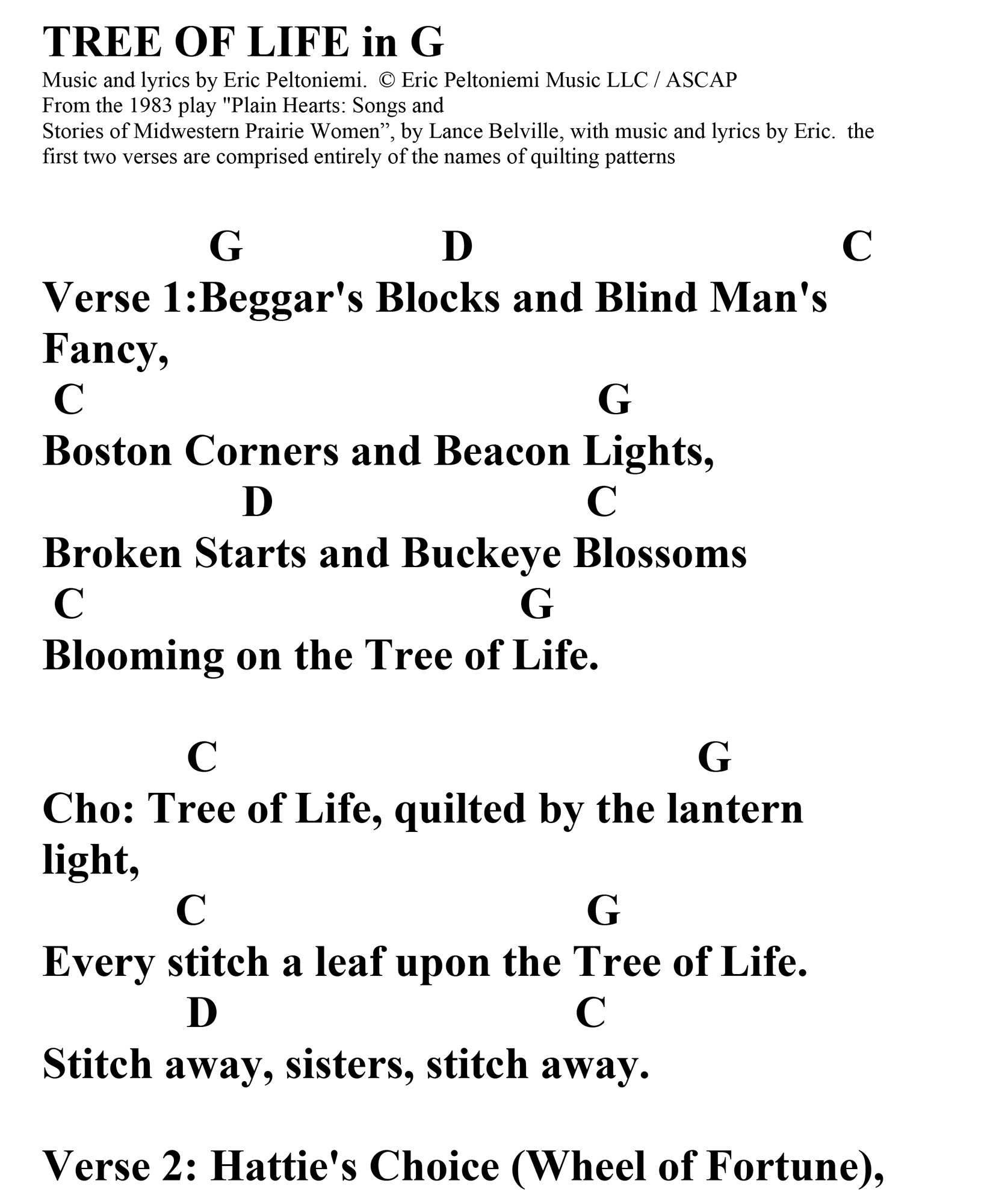
Lyrics: Tree of Life
By Eric Peltoniemi
Beggar’s Blocks and Blind Man’s Fancy,
Boston Corners and Beacon Lights,
Broken Starts and Buckeye Blossoms
Blooming on the Tree of Life.
Chorus:
Tree of Life, quilted by the lantern light,
Every stitch a leaf upon the Tree of Life.
Stitch away, sisters, stitch away.
Hattie’s Choice (Wheel of Fortune), and High Hosanna (Indiana),
Hills and Valleys (Sweet Wood Lilies)
and Heart’s Delight (Tail of Benjamin’s Kite),
Hummingbird (Hovering Gander) in Honeysuckle (Oleander),
Blooming on the Tree of Life.
Chorus
Break
We’re only known as someone’s mother,
Someone’s daughter, or someone’s wife,
But with our hands and with our vision,
We make the patterns on the Tree of Life.
Called “one of the best singers of her generation” by Christine Lavin, and “golden voiced” by David Amram, song finder Mara Levine selects songs with inherent beauty, then crafts them to a glittering brilliance. According to folk singer Si Kahn, “Layering harmony line on top of harmony line, Levine creates rich tapestries of sound and emotion.”
Mara joined Bell Buckle Records in 2020. Her critically acclaimed albums Facets of Folk (2013) and Jewels and Harmony (2019) were each #1 on the Folk Alliance International Folk DJ Chart upon release, and reached #3 for the year. Mara has appeared on radio programs and at venues and festivals in the US, Canada, and Europe. Her performances are known for thoughtful and inspiring interpretations of traditional songs, worthy modern classics, protest music, and some of the sweetest vocalizing you’ll find this side of the golden sounds of the 60s, with songs that stir the emotions, and encourage singing along!
Chris Spector of Midwest Record described her as “the new standard bearer for folk music” after the release of her latest project, and according to Les Siemieniuk of Penguin Eggs, “The world needs more such interpreters of fine and contemporary folk songs.”

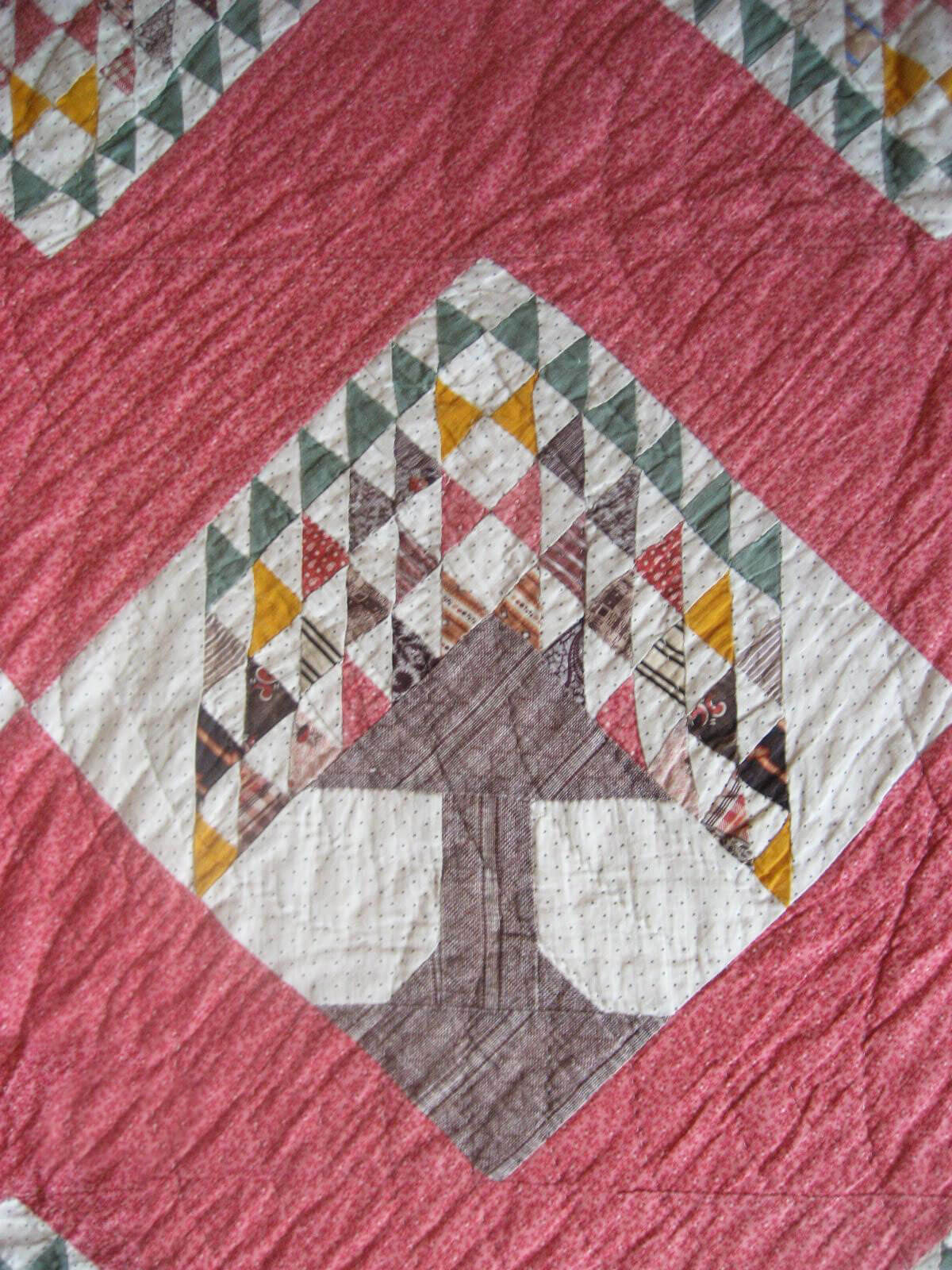
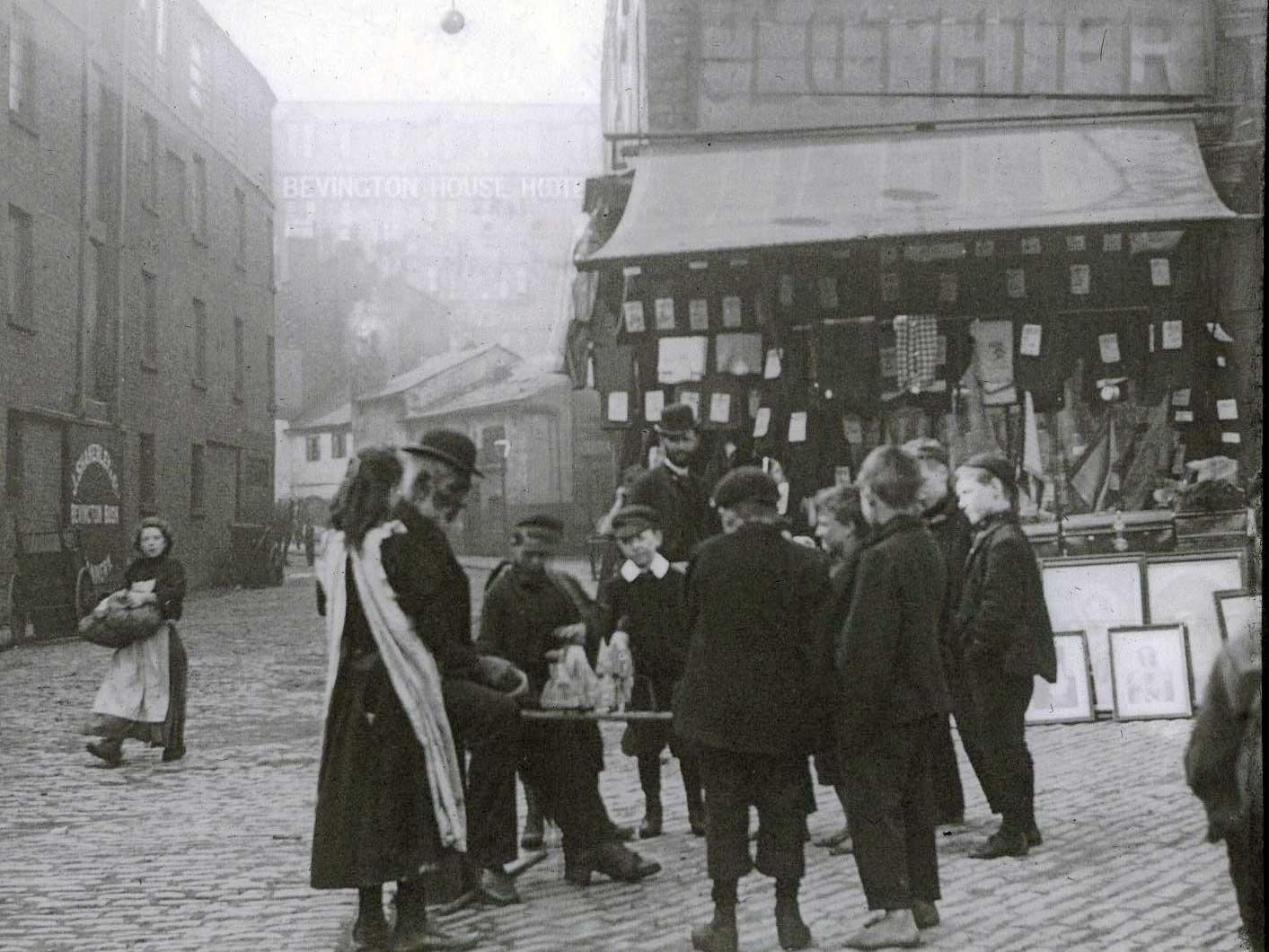
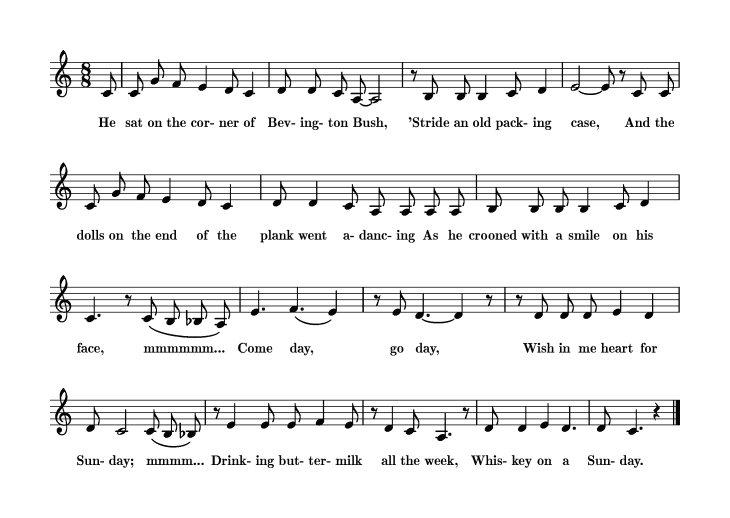
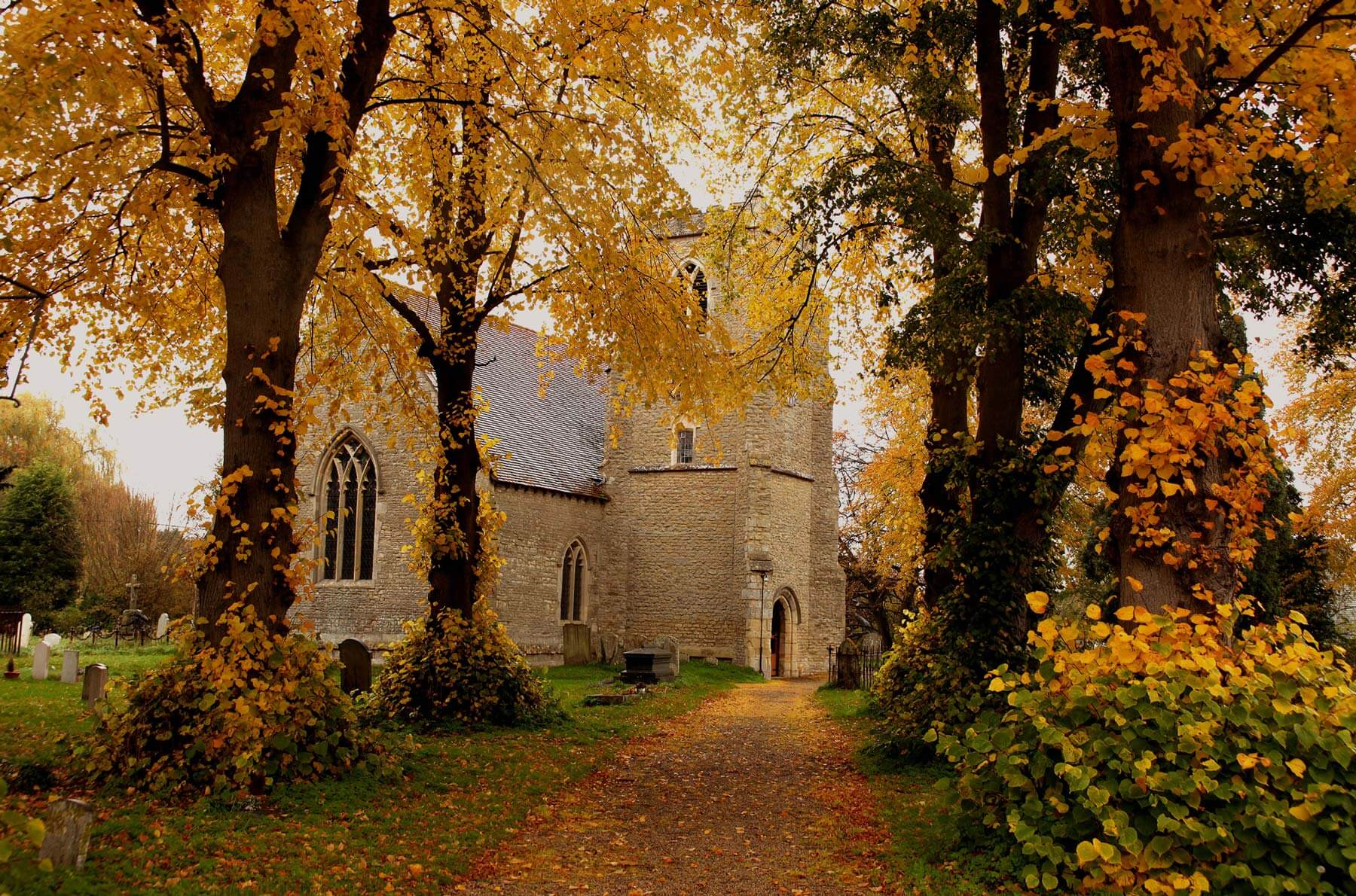
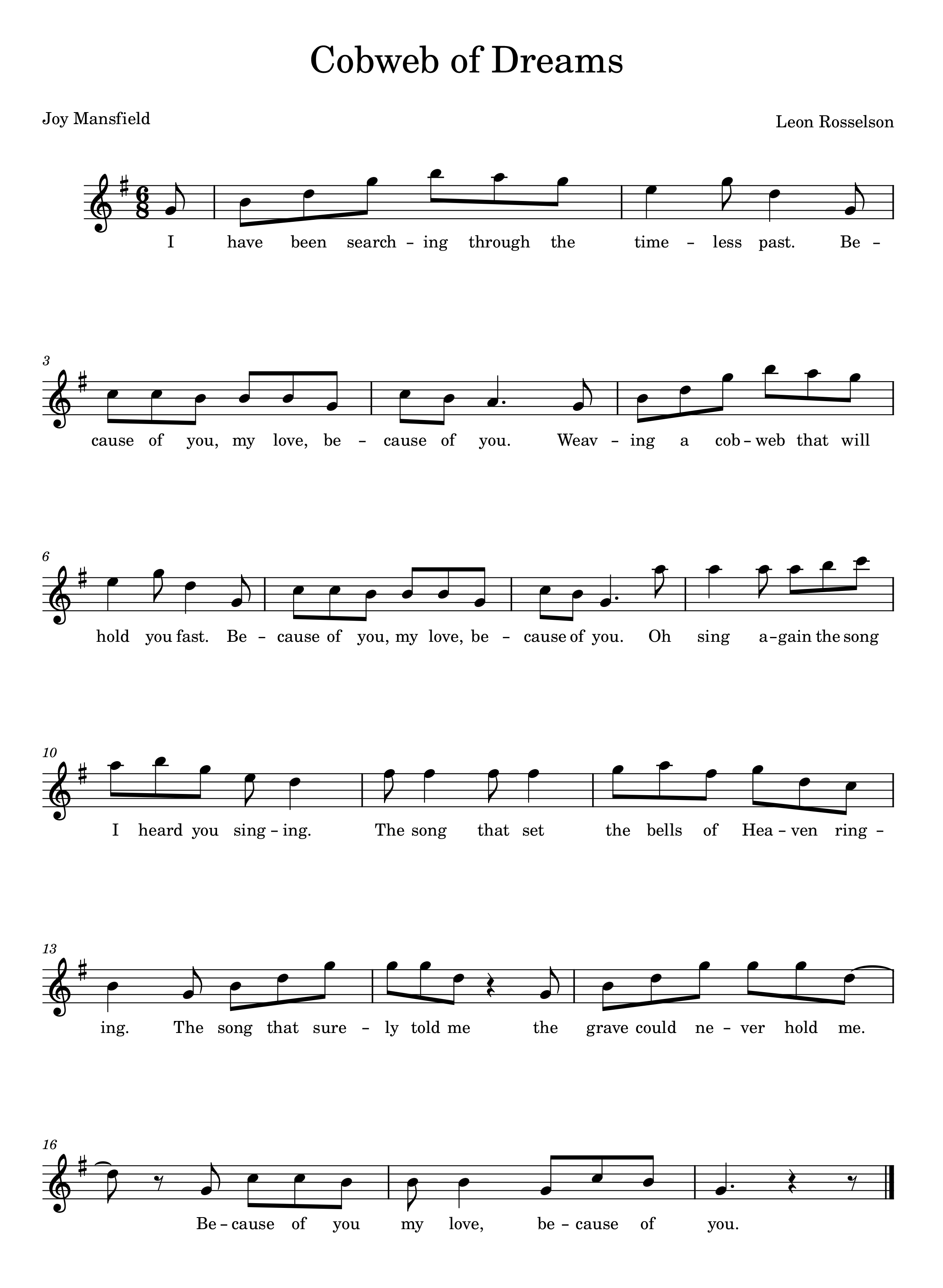
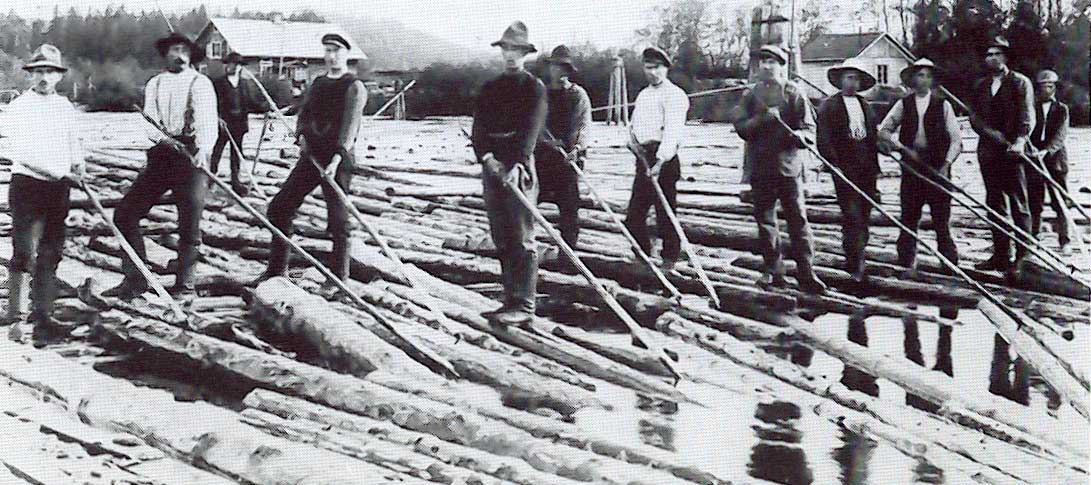
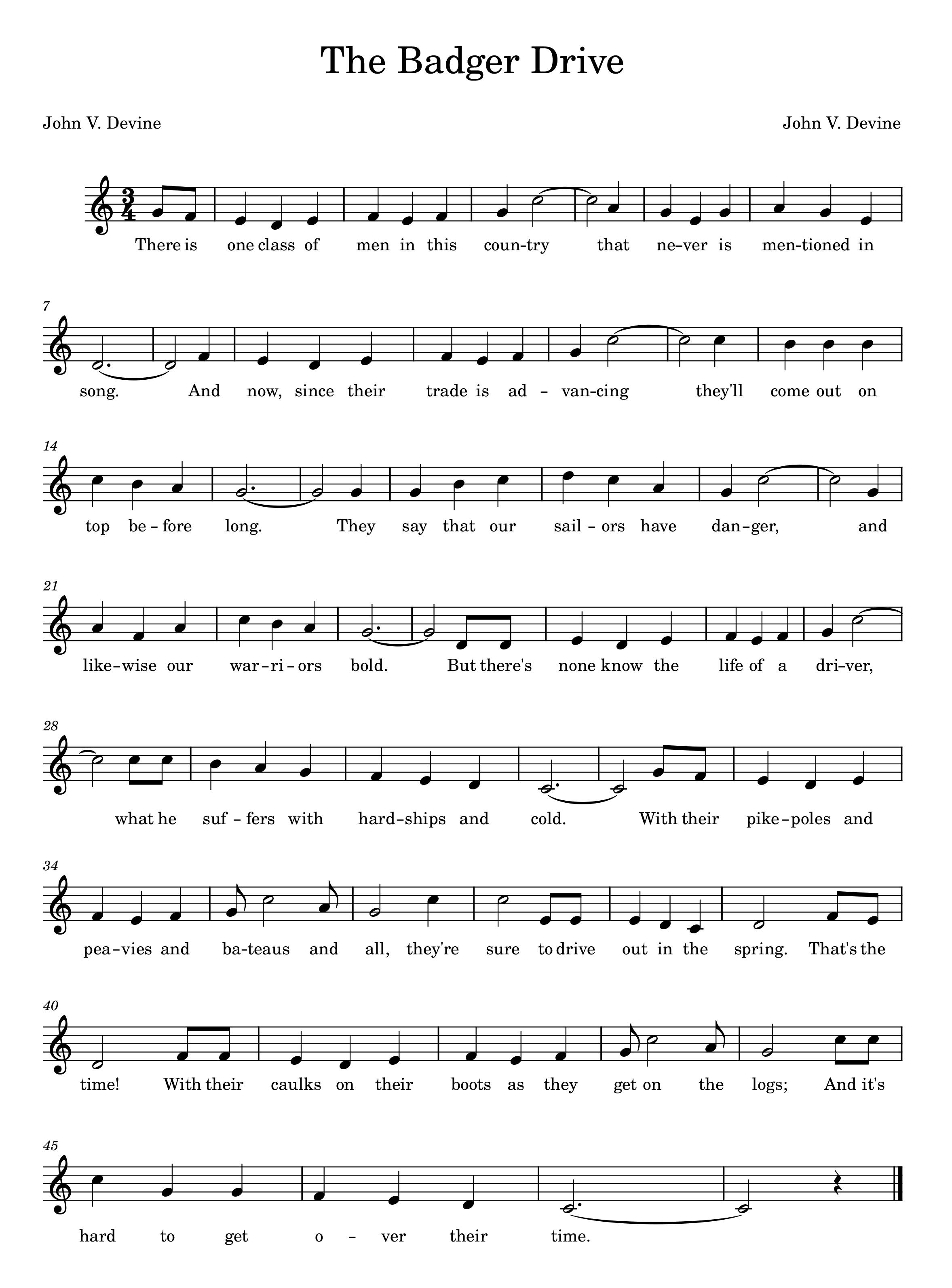
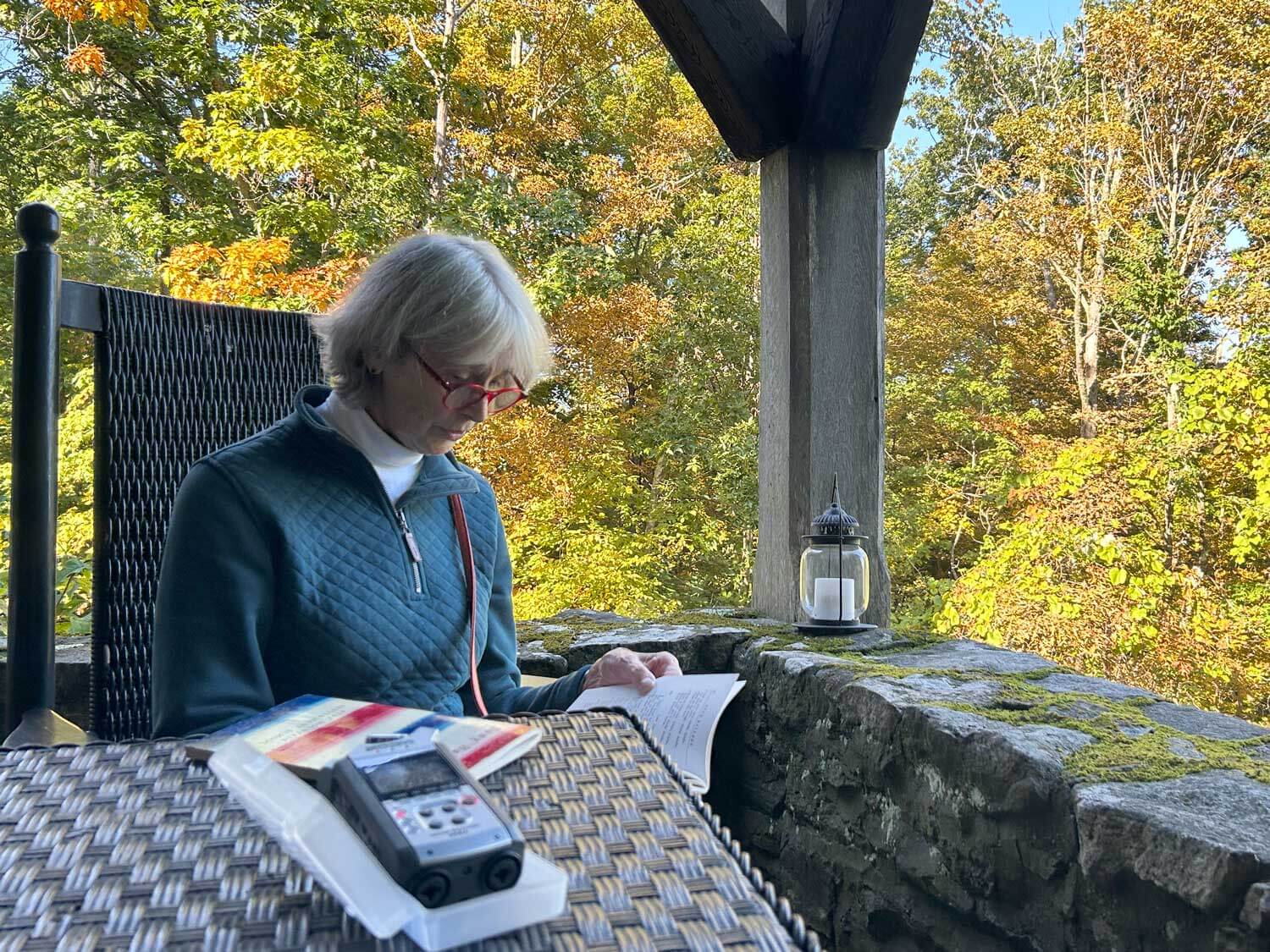
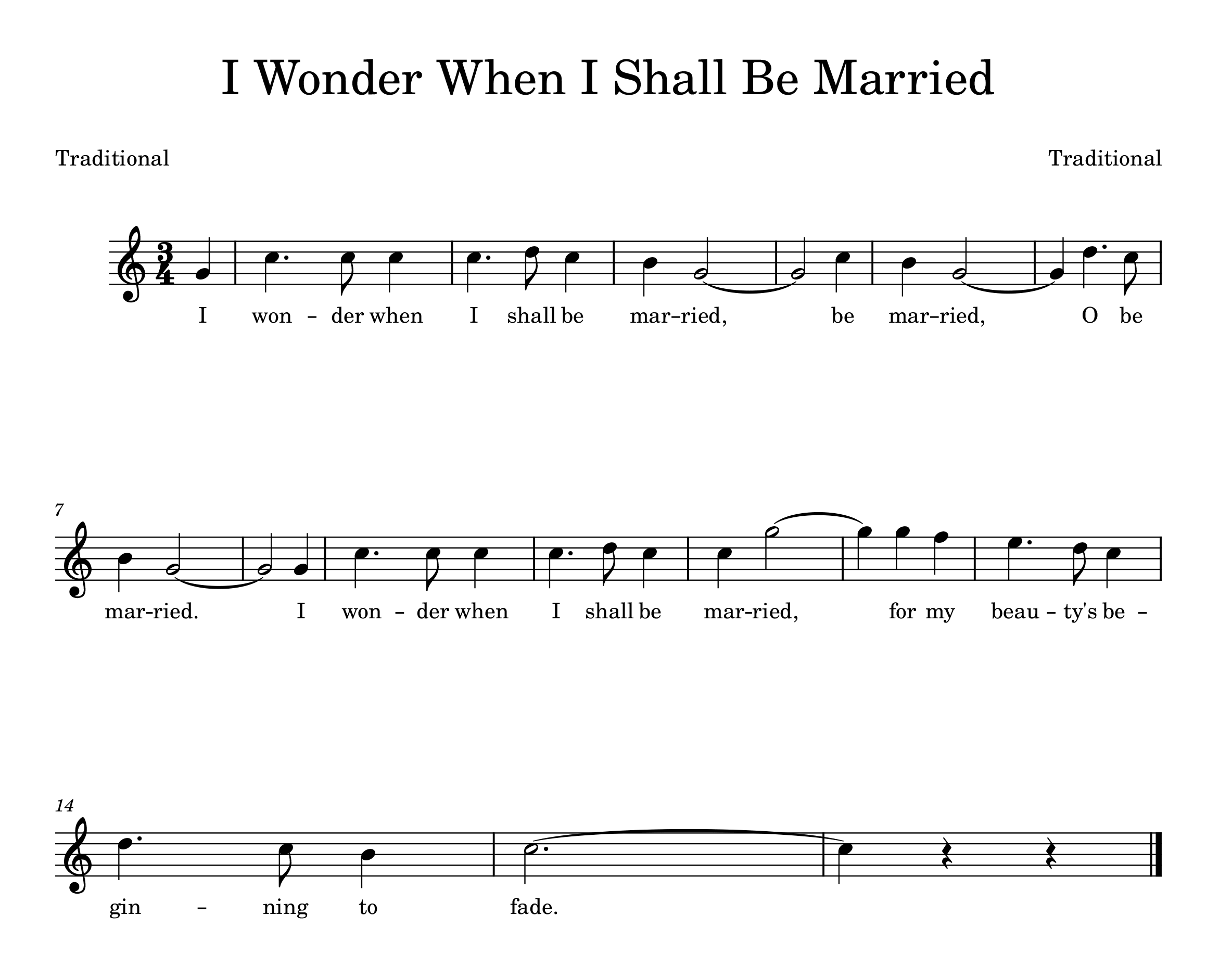

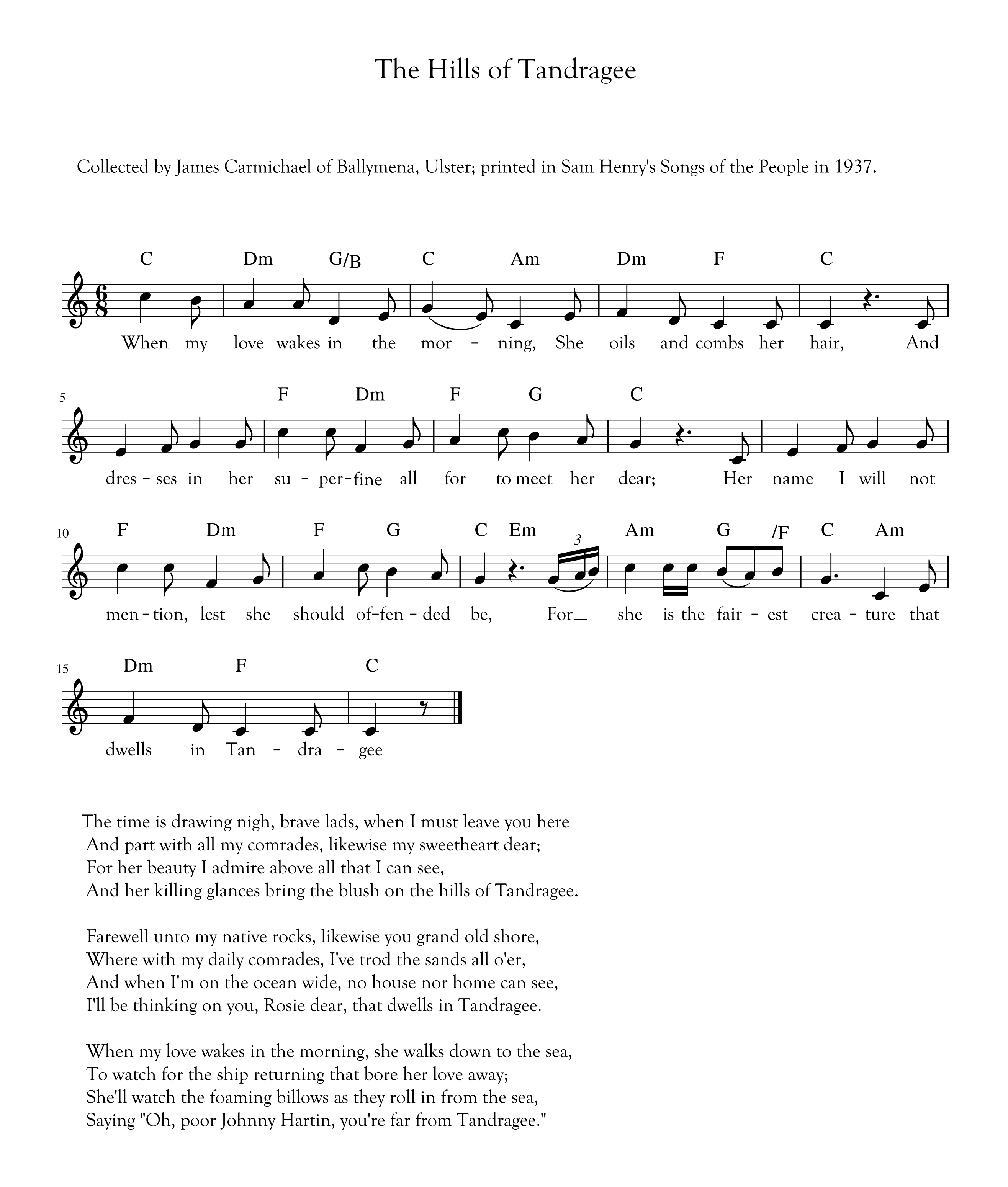
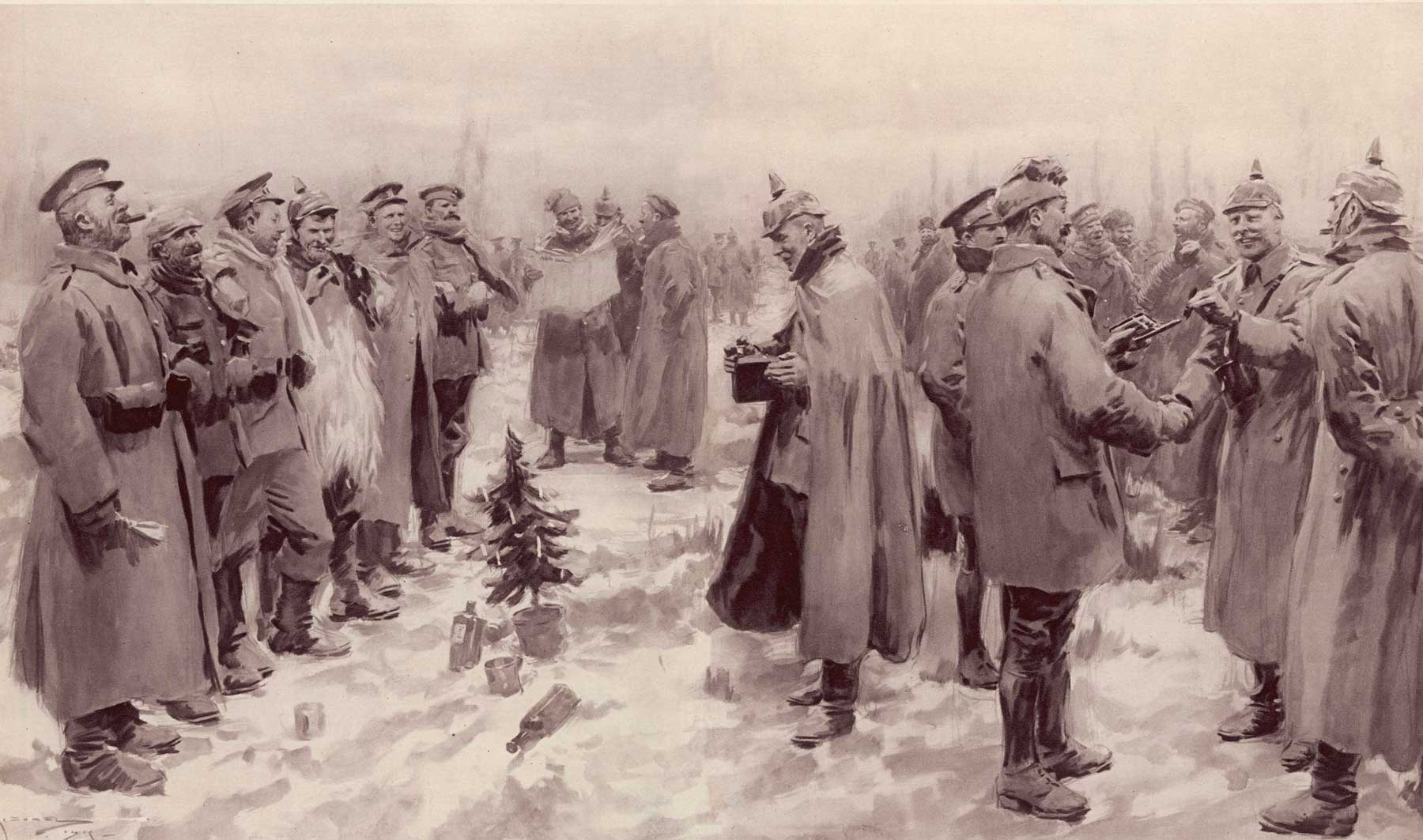
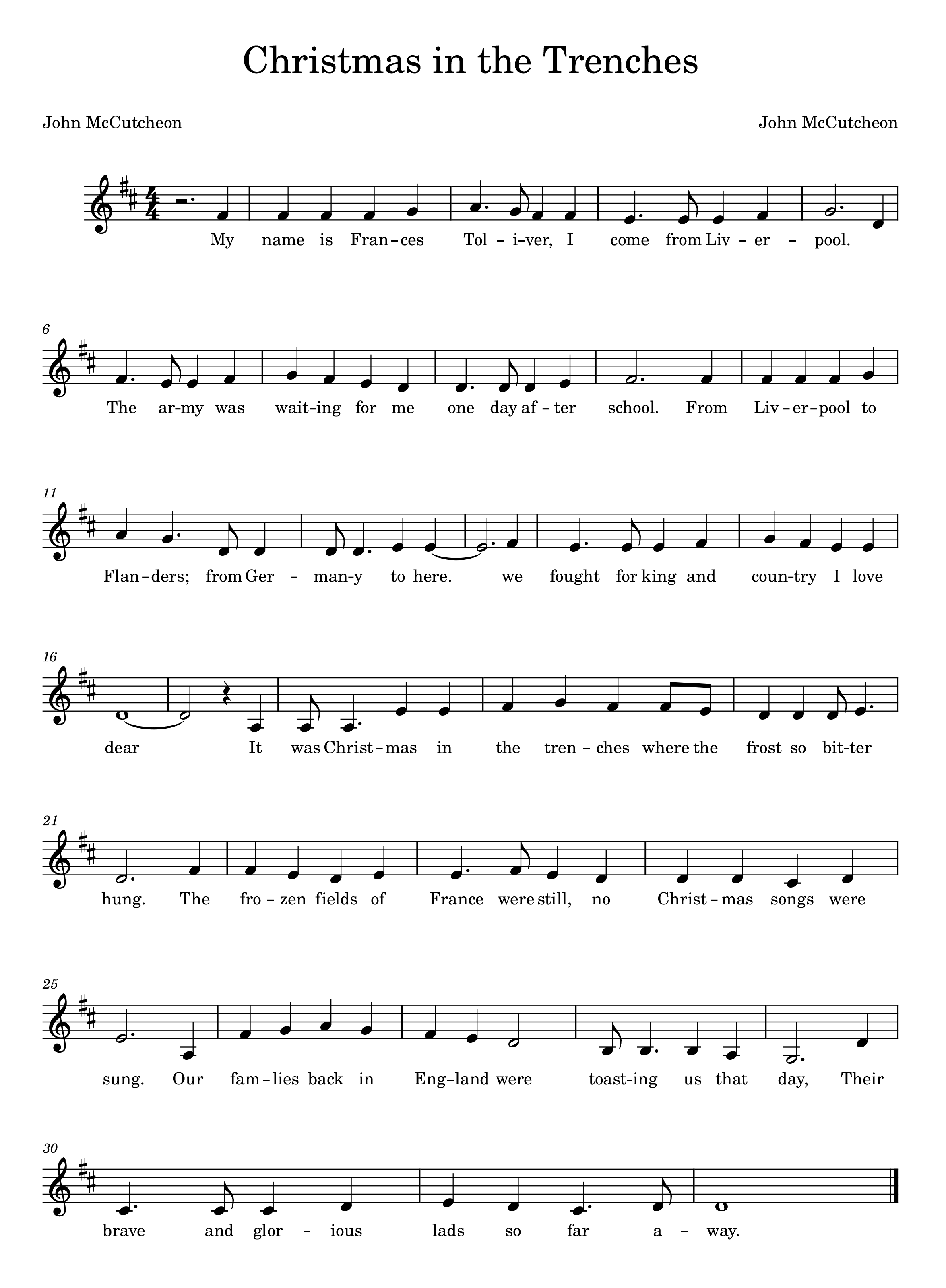
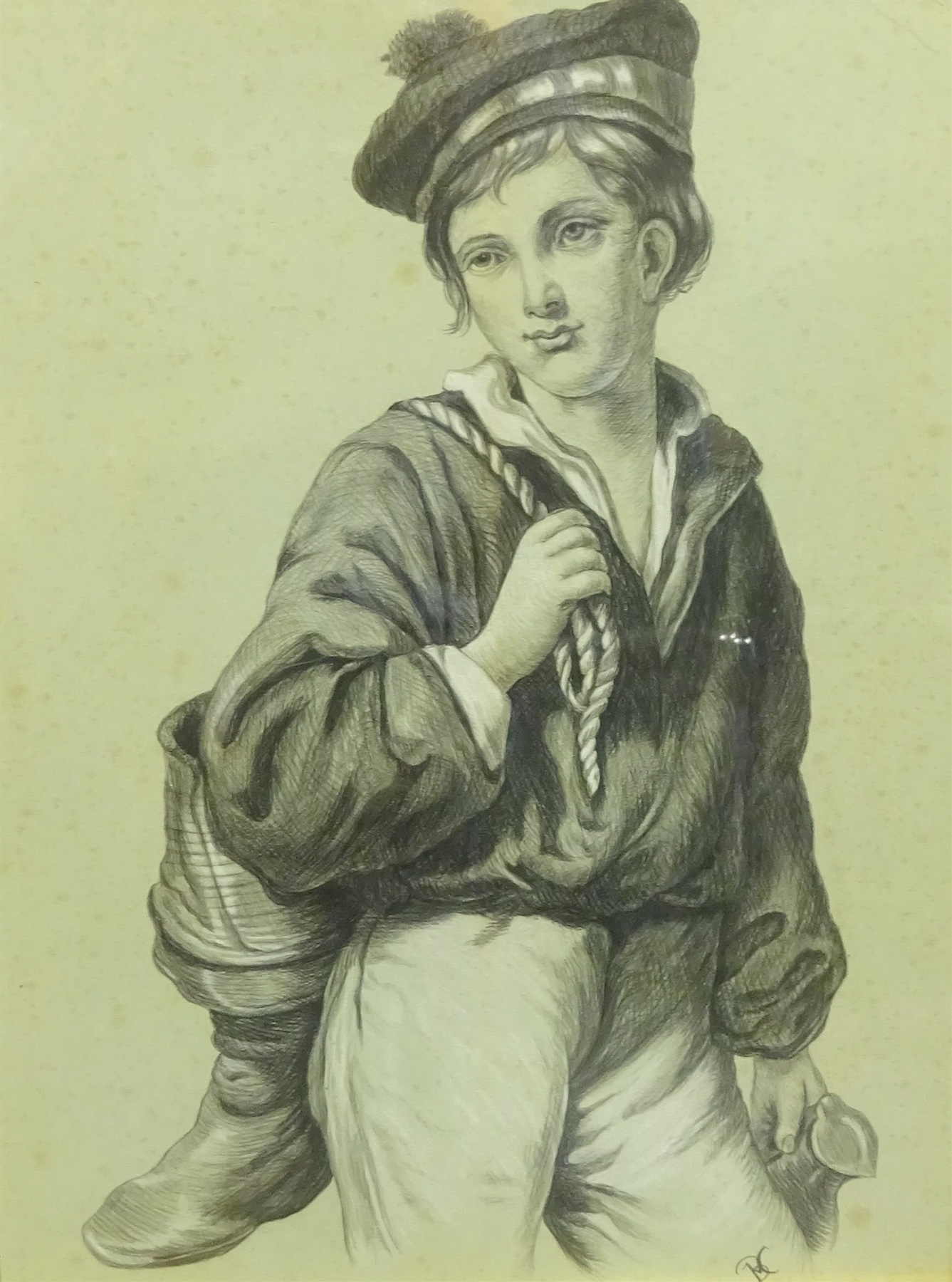
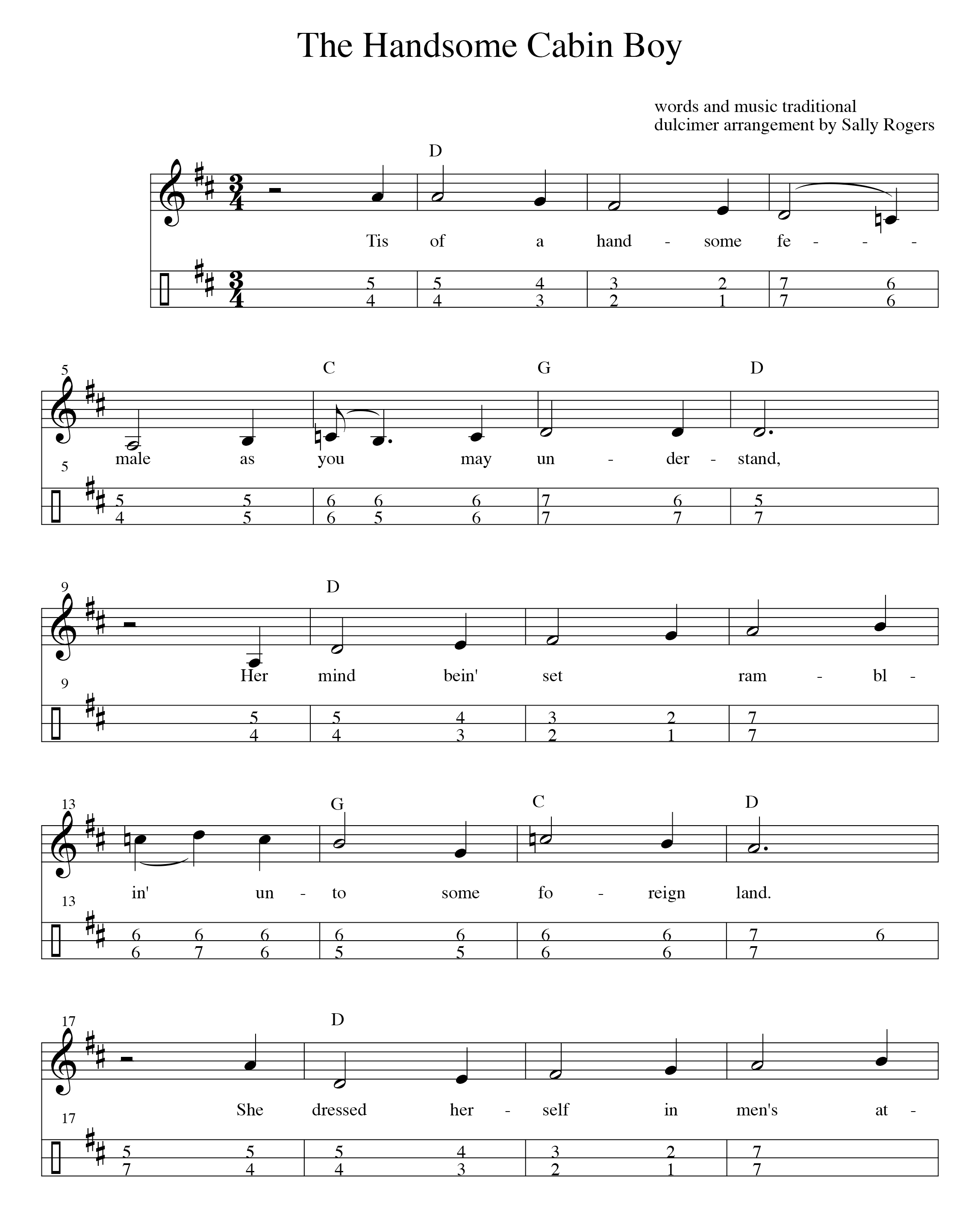
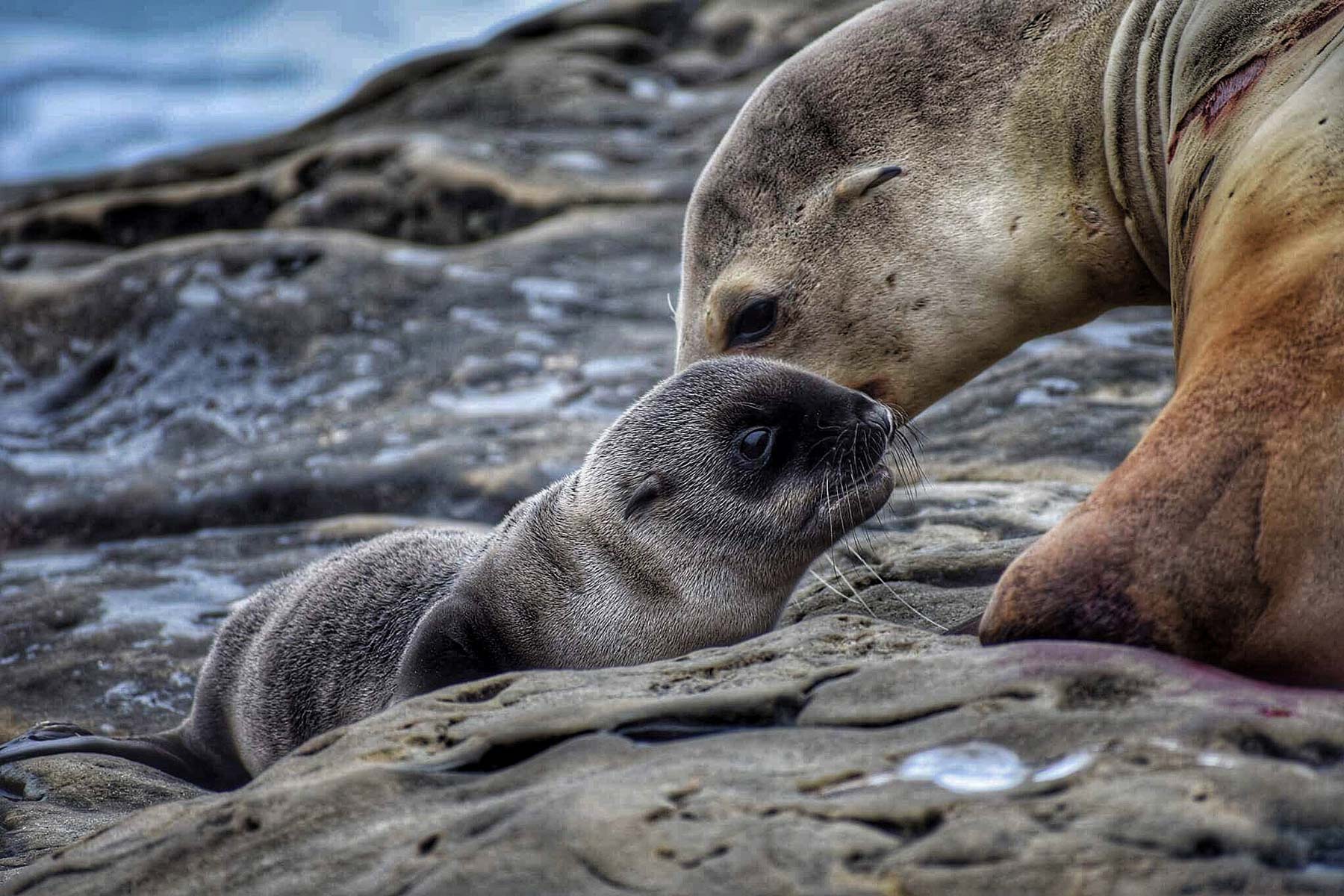
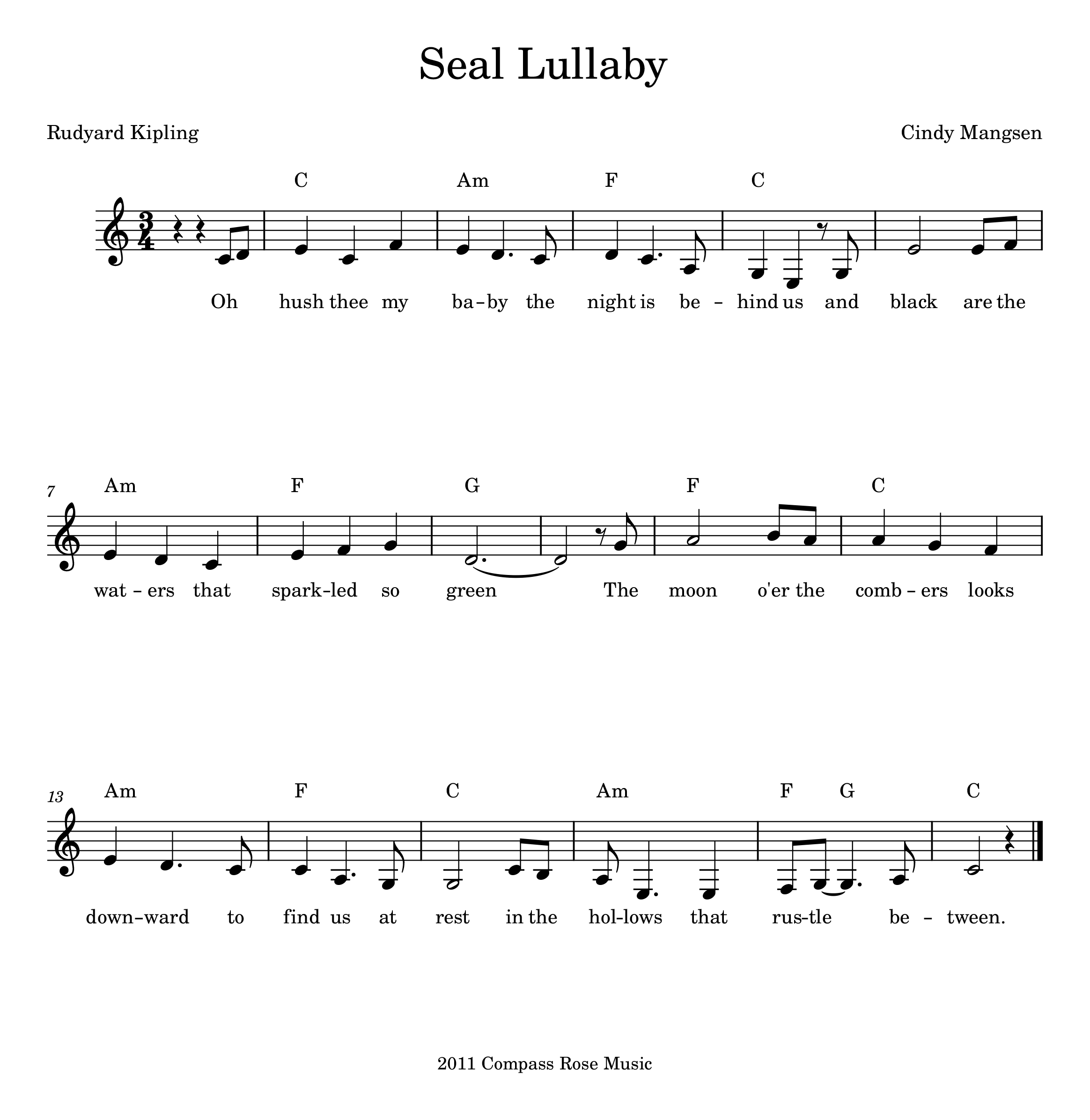
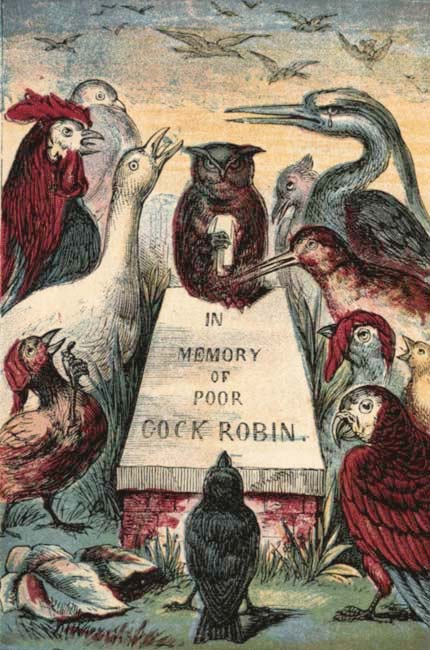
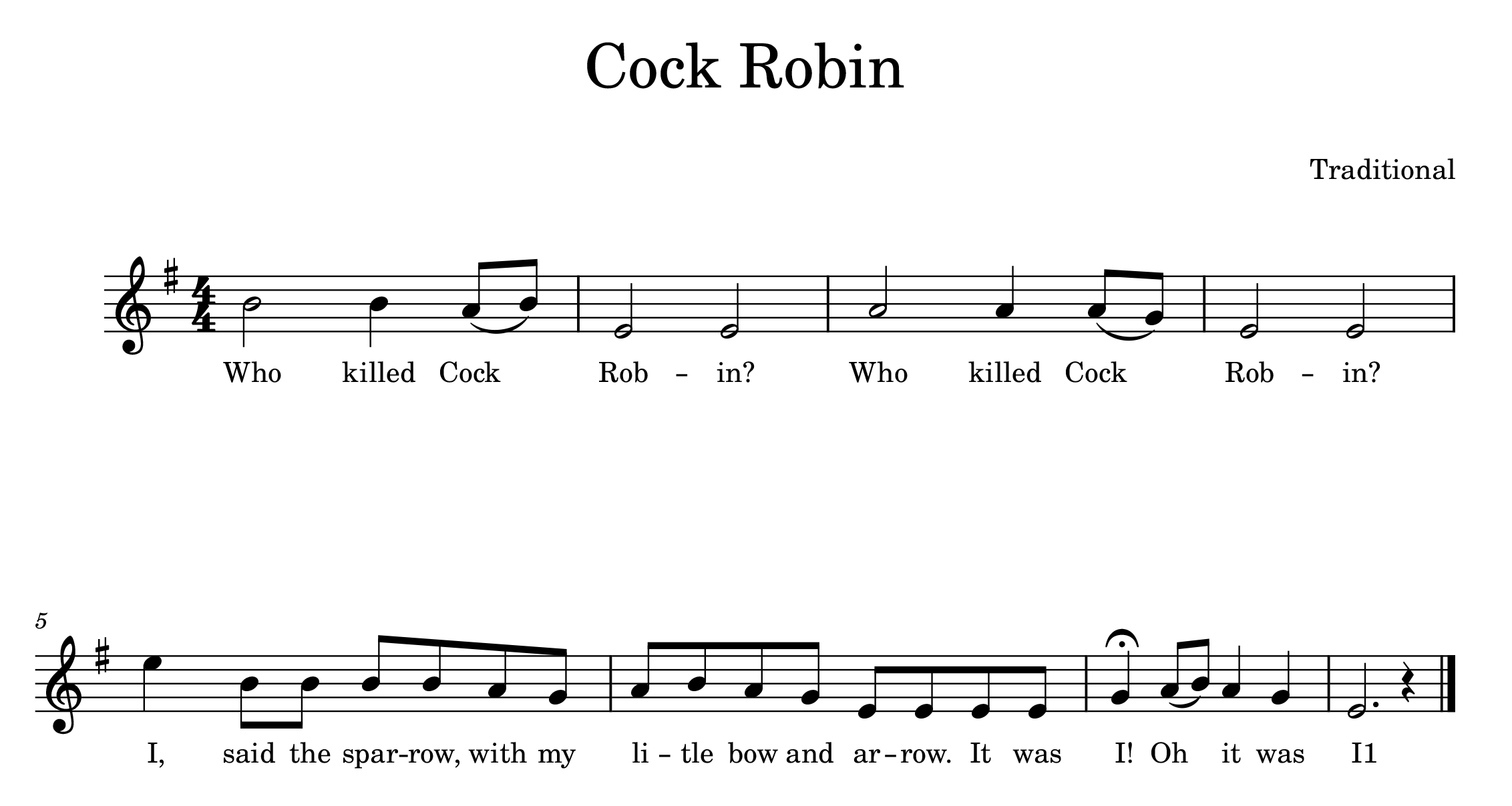
 Thanks to the Massachusetts Cultural Council for their generous support.
Thanks to the Massachusetts Cultural Council for their generous support.